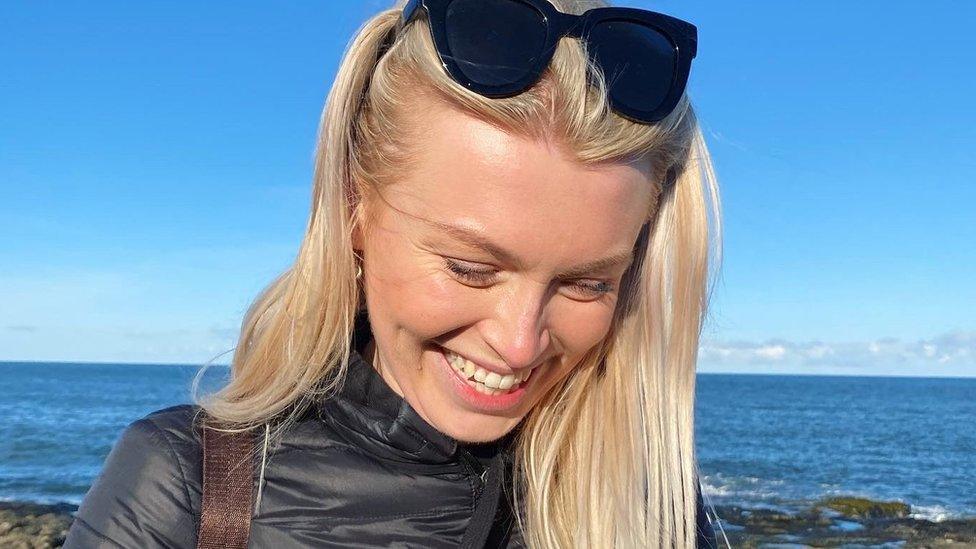Swim abuse scandal a chance for change - Adlington
- Published
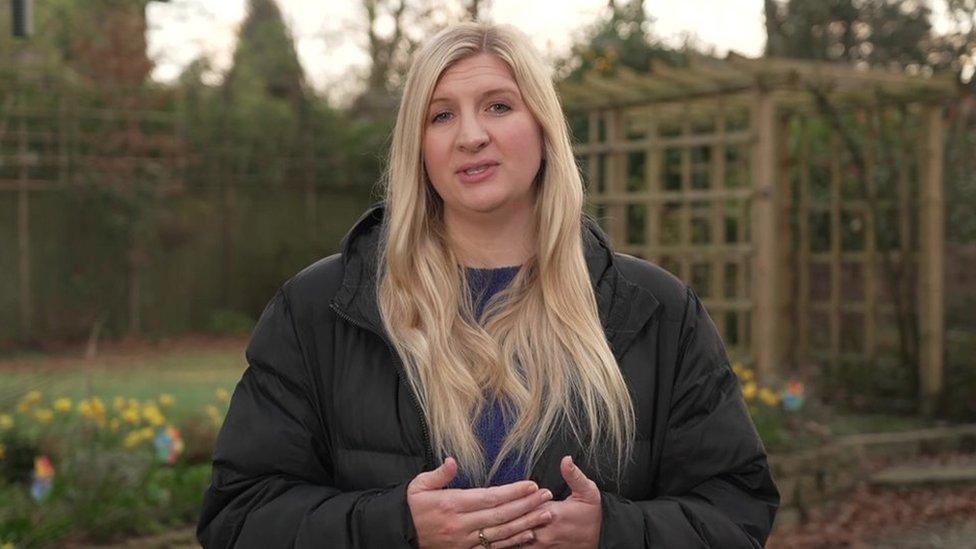
Rebecca Adlington said she had a positive swimming experience but frequently saw others who did not
Rebecca Adlington says the swimming abuse scandal is a chance for the "phenomenal" sport to move forward and change the culture forever.
The two-time Olympic gold medallist said she was lucky her coach "saw me as a human being first and an athlete second".
An independent review found a systemic culture of fear in the sport, enabling abuse and bullying to exist for years.
Adlington said she had a positive experience but saw others who did not.
'Not allowed to eat a cracker'
"It was mostly around women's weight - girls can't eat that, girls aren't allowed pudding, girls have got to go on a strict diet - the boys were treated extremely differently," she told BBC Breakfast.
"Certain coaches would enforce that or monitor on a tough level what those girls were eating.
"My coaches knew I needed nutrition. Swimming burns so many calories, you have to refill your body.
"I heard heard other coaches making remarks about how you are not allowed to even eat that, even if it was just a cracker.
"It was so extreme."
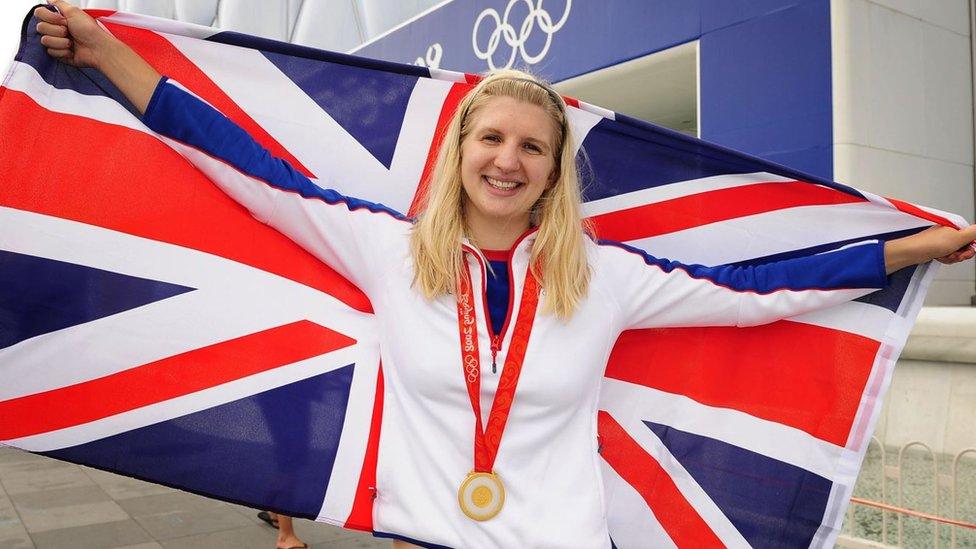
Adlington said she was lucky her coach saw her as a "human being first, athlete second"
The wide-ranging review, which made 21 recommendations, was commissioned by Swim England (SE) in early 2023 after several athletes told the BBC they had suffered bullying, emotional abuse and body-shaming.
It found athletes, volunteers and parents feared being "victimised" if they raised concerns about bad practice with SE.
Performance was put above "all else", it added, with favouritism rife and swimmers made to train even if exhausted or injured.
The research by the Behavioural Architects also found an "urgent need" to tackle racism within what was viewed as a "white, middle class sport" - while para swimmers and those with special needs often felt they were inferior.
The governing body has apologised and vowed to change.
'Change can happen'
Adlington said while it was hard to read the conclusions, she saw the publication of the review as a positive for swimming.
"Action can be taken, change can happen and it can move forward in the right way that it needs," she said.
"I just hope that they address everyone's concerns."
Adlington swam alongside Cassie Patten at the 2008 Beijing Olympics.
Patten has spoken out about suffering disordered eating following years of negative comments about her body shape and size and has also welcomed the need for the sport to change.
Last year, SE banned the weighing of children after several swimmers told the BBC it was linked to their eating disorders.
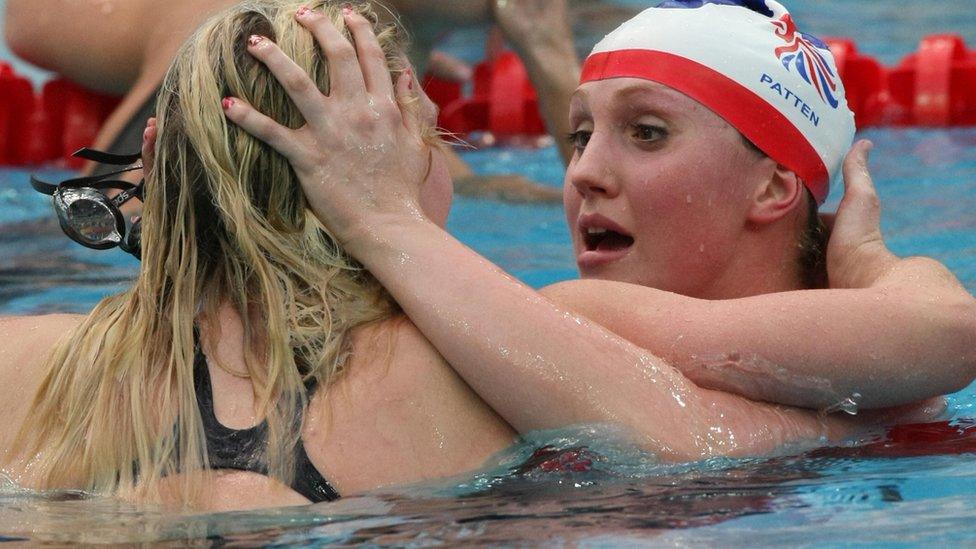
Adlington swam with Cassie Patten at the Beijing Olympics - Patten had told of suffering "disordered eating" due to coaches' comments
Adlington said her young daughter had recently started swimming and really enjoyed it.
"She absolutely loves it and they are a great environment," she said of the club.
"Actually, I think those positive [clubs] need to affect the ones that aren't in that place yet, really bounce ideas off each other, maybe some staffing changes.
"I hope every single swimming club is reflecting on this and looking at their environment and how they can implement change as well."
Adlington, who won four Olympic medals, said swimming was a "phenomenal sport".
"It is a young sport. And it is one of those that obviously you join a swimming club when you are eight, nine years old," she added.
"And they might not go on to the Olympics, they might not go on to compete when they're 15, 16 years old.
"But we need to make it a positive experience, whether they're just just doing it for friendship, physical or mental health - the club should be welcoming of that and cater to all those different athletes."
If you have been affected by any of the issues raised in this article, help and support is available via BBC Action Line

Follow BBC West Midlands on Facebook, external, X, external and Instagram, external. Send your story ideas to: newsonline.westmidlands@bbc.co.uk, external
Related topics
- Published5 March 2024
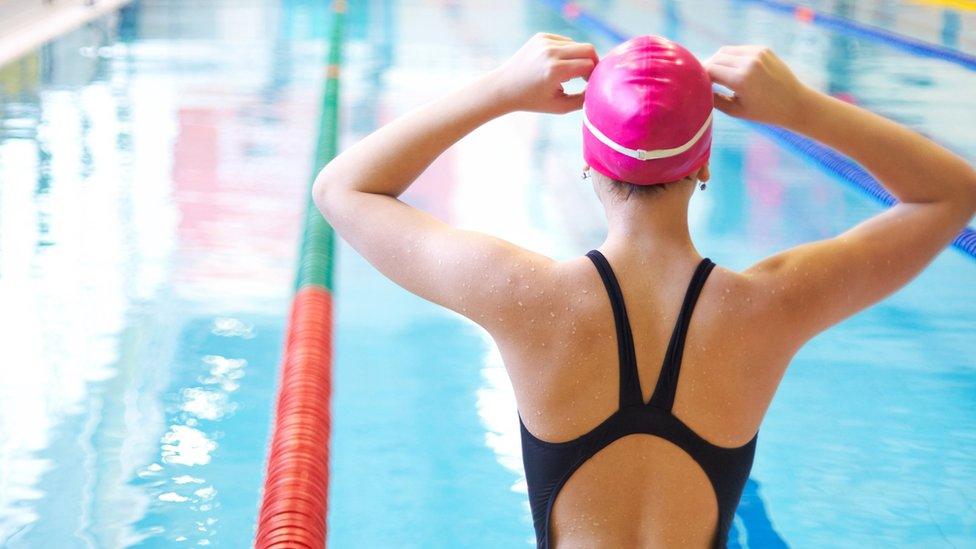
- Published14 July 2023
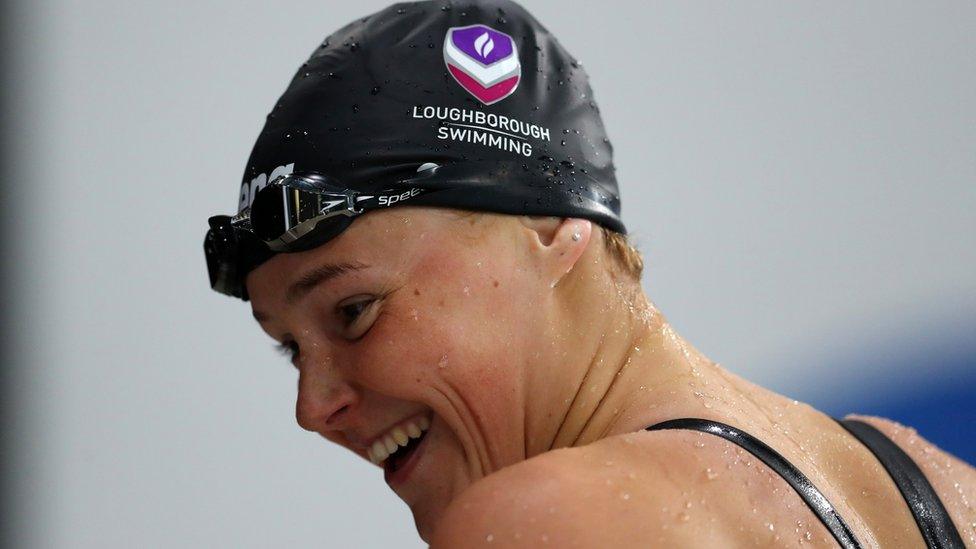
- Published5 July 2023
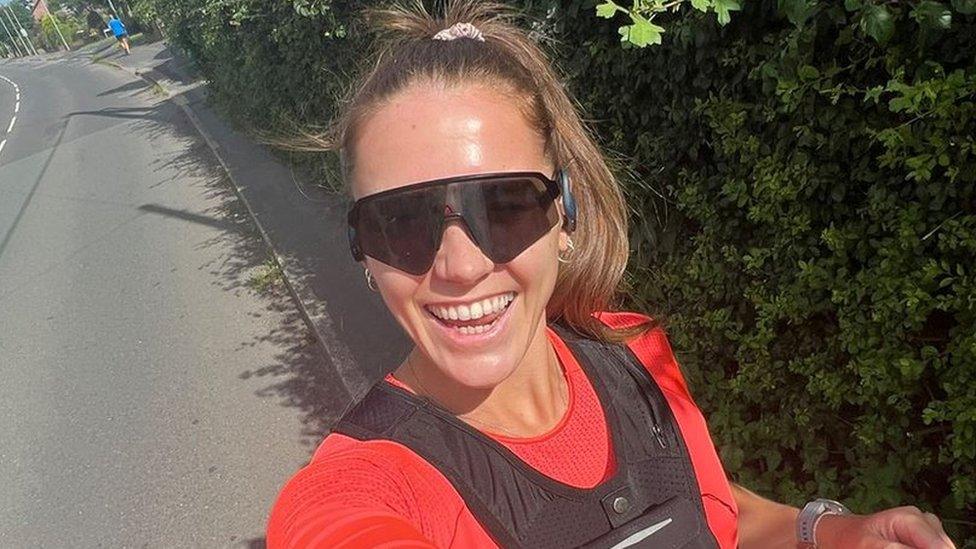
- Published8 March 2023
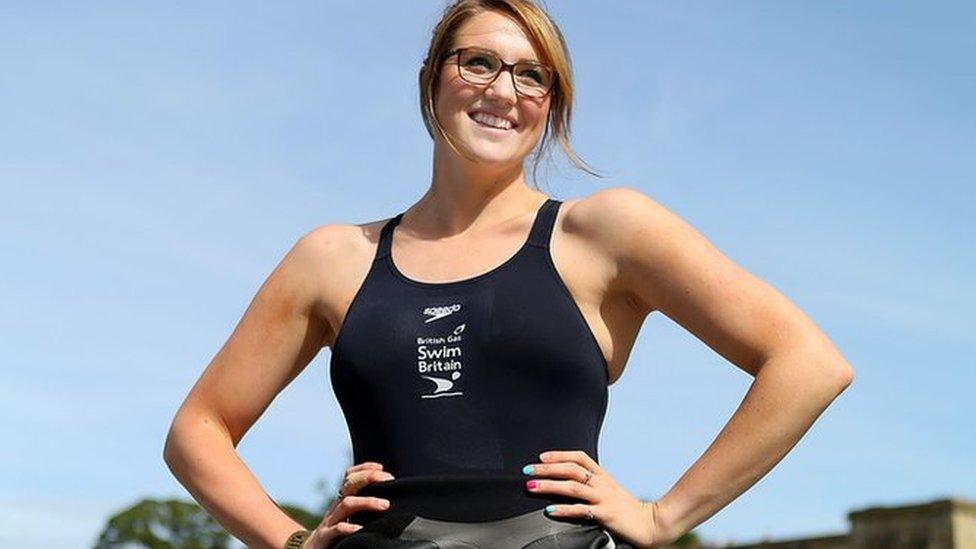
- Published24 February 2023
